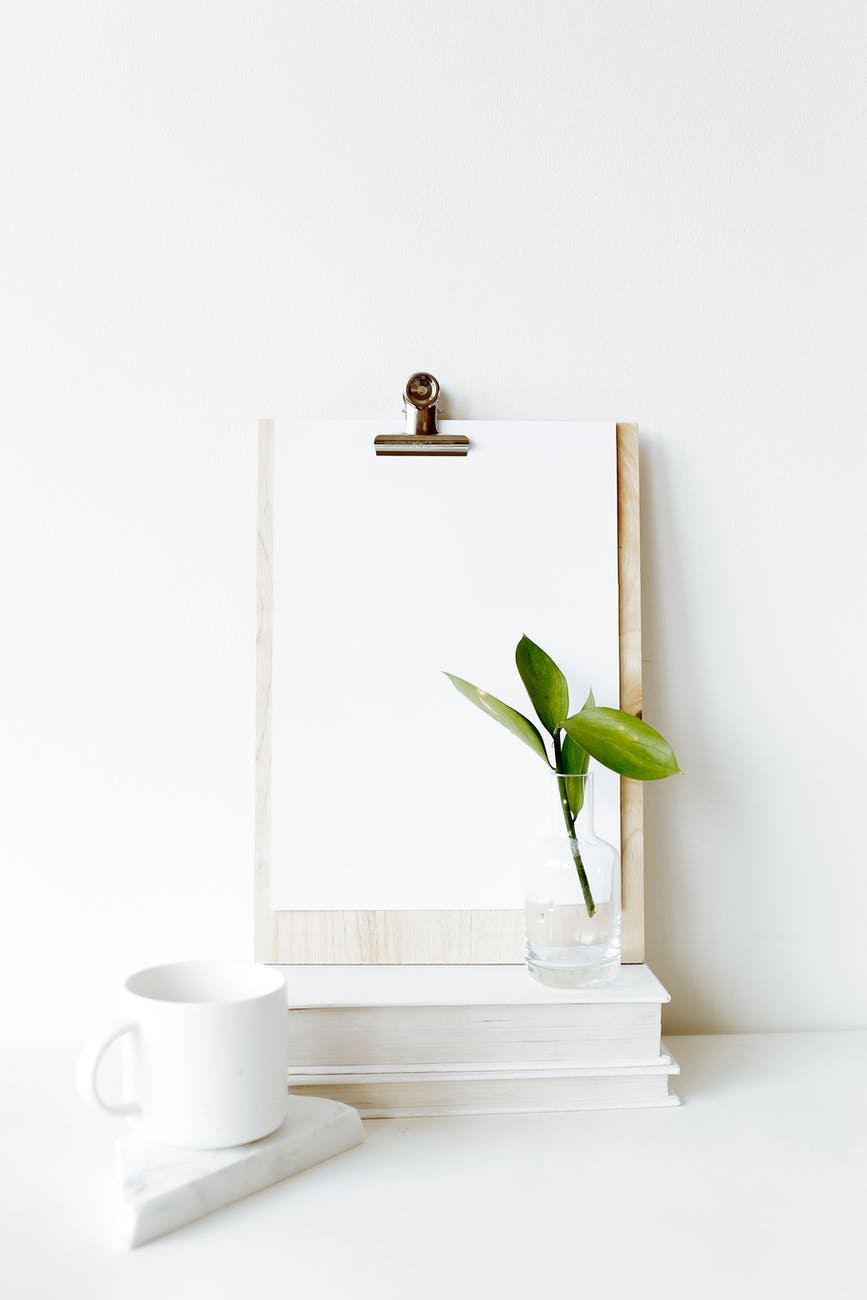Starting piano is an exciting time for a student! It also comes with a lot of responsibilities on the part of the student and the parent (unless the student is an adult). I’ve come up with a list of 5 mistakes in no particular order that can make taking piano lessons harder than it needs to be. Hopefully if you find yourself in any of these examples, you can recognize it and can change your habits.
1. You don’t have an instrument.
I have started screening prospective students before they even sign up for lessons. Early in my teaching years a couple people got through and started taking lessons without having a keyboard or piano. There is no way around this. If you don’t have an instrument, taking a weekly lesson is going to be a waste of time and money. You need to practice what was taught at your lesson regularly.
Another part of this issue is that people want to sign up and they say they will quick get a keyboard or piano. I have found that this will not be the case. In my experience, when a student is looking for a new/used keyboard or piano, it can take up to a year or more before they find one. If money is no problem, it becomes a lot easier. For those that must budget, which is most families, the process can take some time. Finding a keyboard or piano on marketplace or the like is tedious. I’ve done it and it is a time sucker with a lot of bad equipment out there. A decent instrument will be a bit of an investment unless someone you know is wanting to get rid of theirs and hand it over to you at the perfect time that you need it.
2. You haven’t thought of when you will practice.
I have had some students that go through the week running from activity to activity all the while saving absolutely no time for practicing piano. If a student is running constantly, the last thing they are going to want to do when they get home is one more thing. People need down-time too. Look at your students’ schedule and make a commitment of when an agreed practice time is. There are going to be some days when it doesn’t work out, but if you have it scheduled, you will know what you are supposed to be doing at that time.
3. You aren’t organized with your lesson books.
This one might be personal for me, but I also think that a lot of musicians can be a little disorganized and that’s O.K. Making good music isn’t about how organized you are, but if you have 10 or 15 minutes to sit down to practice and then can’t find your books or the song you are supposed to practice, that is going to be a major deterrent. I personally like to have my books sitting on the piano ready to play. Not everyone wants books on their piano all the time though, so you at least need to have a place near the piano to put lesson books. I also like to tab pages that I am practicing so I can get to my songs without any distractions of other songs begging me to play them. I use Post It sticky tabs in lessons to mark students’ pages in their lesson. Many of them love using them and it seems to be a big time saver.
4. You ‘play through’ your lesson.
Practicing your lesson is not the same as ‘playing through’ your lesson. Piano players in the beginning will probably start out this way by ‘playing through’ their lesson several times each day. This can be alright for a little while, but as a student progresses, they should be learning to stop and work on problem areas. Progress comes when our fingers learn to play the music correctly and that doesn’t happen by running through the same mistakes each time.
5. You don’t have an audience.
Sometimes it’s hard for someone that doesn’t know the work that it takes to learn piano themselves to encourage someone who is learning. I LOVE to hear my piano played (not pounded). I love to have a time when everyone in the family listens to my grandkids polished songs. We make a big deal about it. I’ve had my grandkids and students come with me to the nursing home to play for the residents. They love to hear children play. I encourage my students to play in church if they can. Making a big deal about a recital is also another way to hear how all their hard work is paying off. If no one is interested in hearing you play, it’s easy to think it’s not that important and lose motivation to practice.
This is a handful of mistakes you can learn from. I’m sure there are probably more. Showing up for a weekly lesson is a big commitment, but along with that commitment comes all the prep work in between. Making sure you have an instrument, planning when you will practice, having your lesson books ready to go and making the most out of your practice time are sure to put you on the right track. All these, plus having someone to listen to you play will keep your motivation and will help you be successful in learning to play the piano.
Can you think of any others to add to the list?

